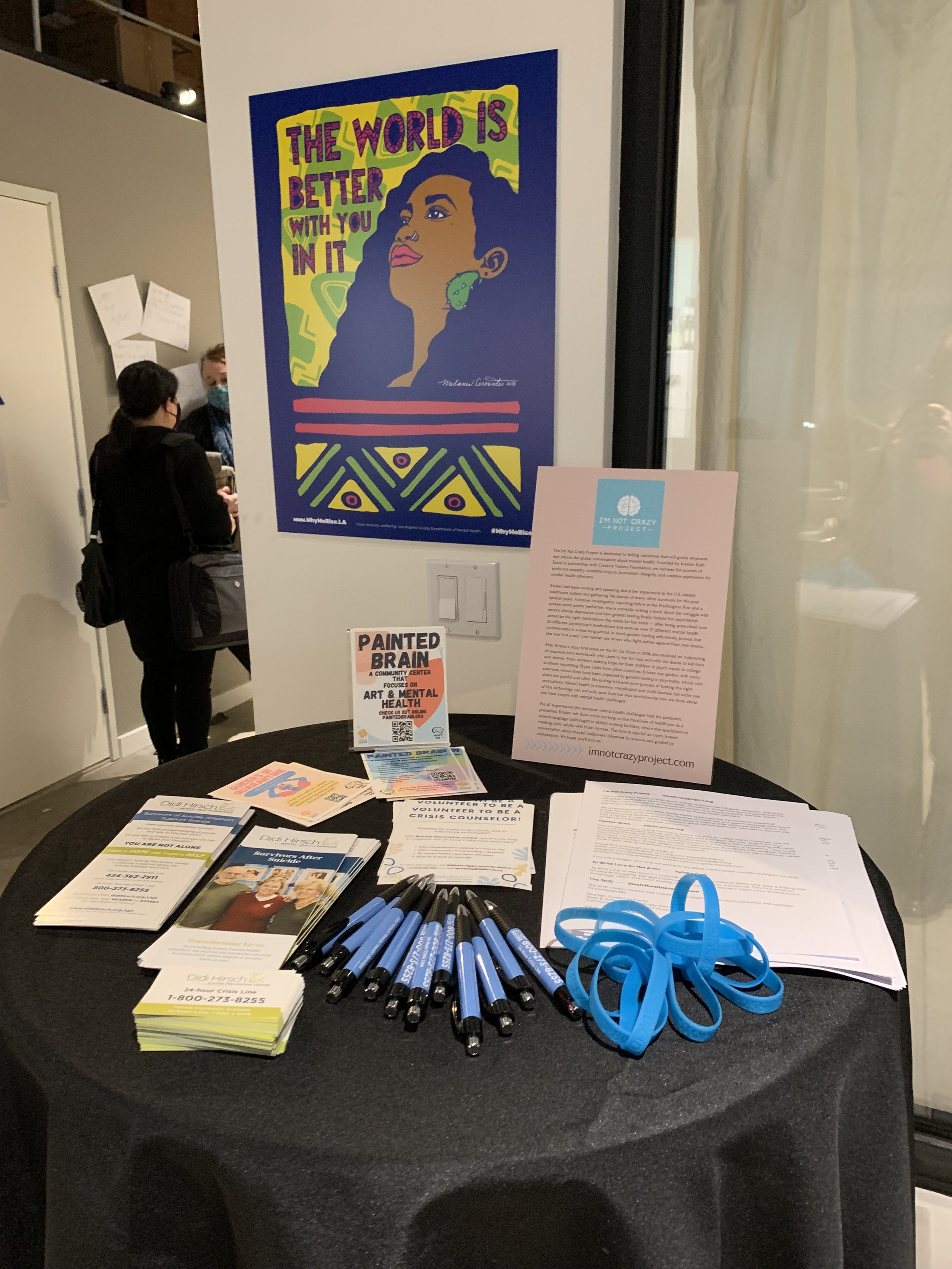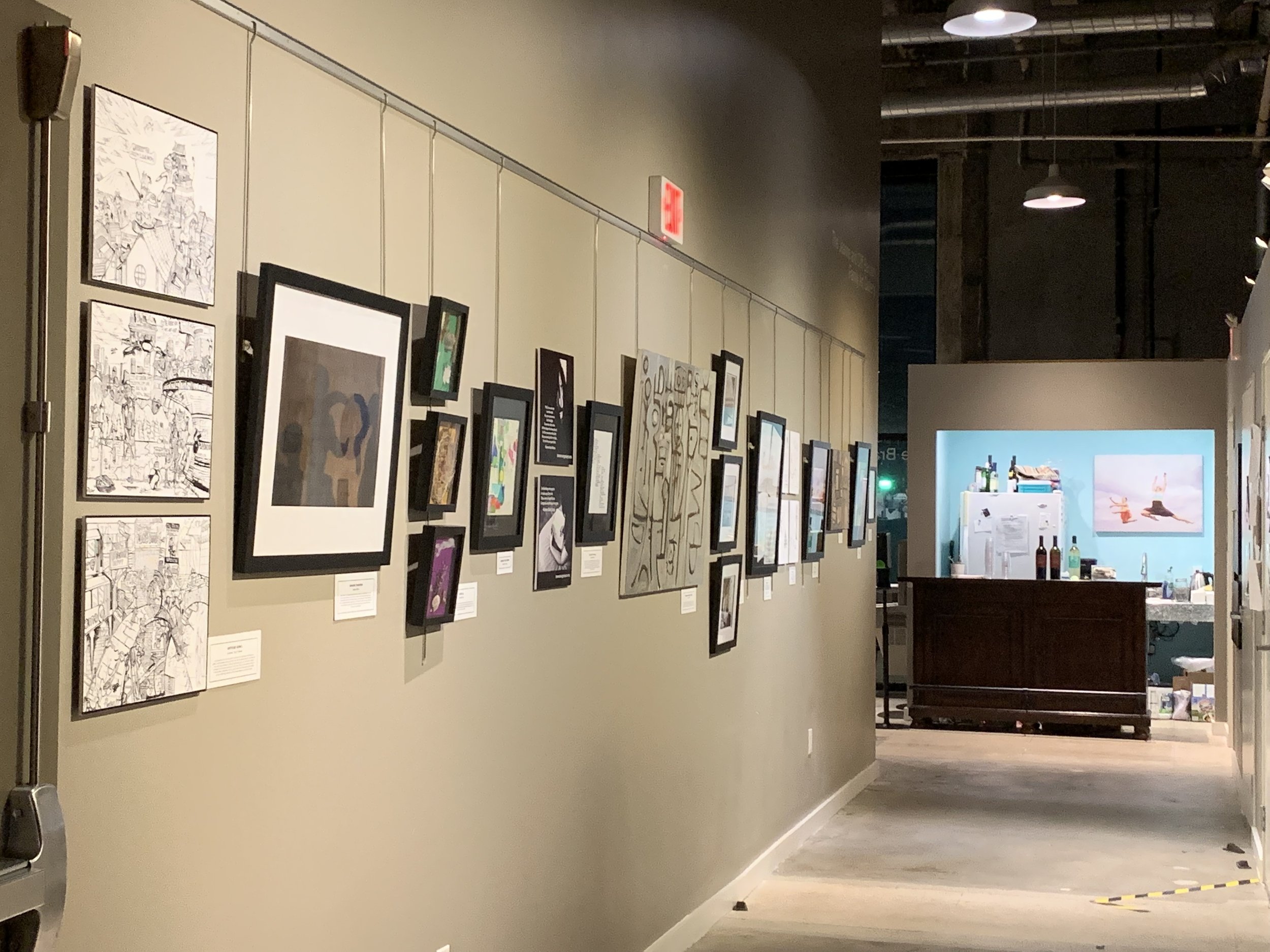Advocating for Genetic Testing in Mental Healthcare
Hi, I’m Kristen, founder of the i’m not crazy project.
I can’t stop talking and writing about genetic testing in mental healthcare because it saved my life. It helped my psychiatrist prescribe more targeted drugs that work for my unique body chemistry with minimal side effects.
My major depression has been in remission for ten years and counting.
I believe more awareness and use of this cutting-edge techology can help many others toward recovery.
featured on
pgx for pharmacists
The 9th most downloaded podcast for genetics in the world.
Dr. Jamie Wilkey talks with a patient, Kristen, who strongly feels that PGx testing saved her life. Join us for a patient’s side of the story today!
-
Huff Post
From Severe Depression to Treatment and the Role of Genetic Testing: Kristen’s Story
I stood in my bathroom, watching the steam rise from the water in the tub. I picked up the hair dryer from where it hung by the sink and made sure it was plugged in. But I had one last reservation.
-
Writer's Digest
Literature as a Lifeline: How Stories and Genetic Testing Can Save Lives from Mental Illness
Literature comforts in a way clinical definitions and diagnoses cannot. It can help people recognize the symptoms of mental illness in themselves long before the predator of suicide pounces.
A history of severe clinical depression provides me with a finely tuned B.S. detector when it comes to fictional characters who have mental illness.
-
The Hill
No longer taboo: Americans embrace testing, treatment for mental illnesses
The debate over rising health care costs is missing an important component — medicine can be effective only if doctors prescribe the drugs that will be most effective for each patient.
-
Genomind Blog
Dr. Oz Helps Spread the Word on How Genetic Markers Can Impact Your Mental Health Treatment
Using the Genecept Assay, Kristen’s clinician uncovered certain genetic markers that helped him to make specific choices in terms of treatment for her depression.
Kristen shared that this was a revelation for her and empowered her with information that will help her for the rest of her life.








